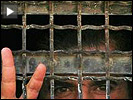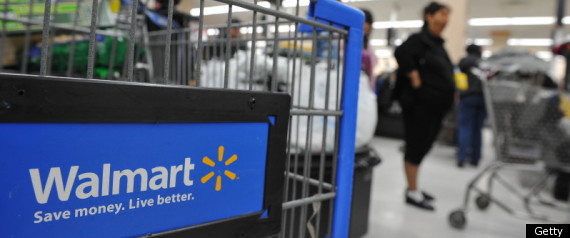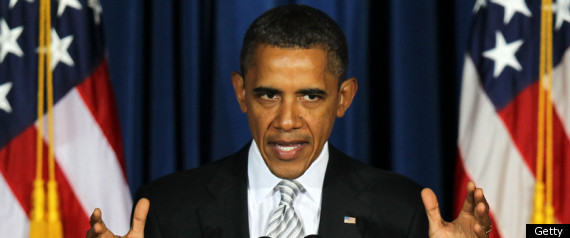 WASHINGTON — Rick Perry’s wild ride in the Republican presidential race took another turn Friday when the Texas governor complained of being treated unfairly by his party and discriminated against because of his Christian faith.
WASHINGTON — Rick Perry’s wild ride in the Republican presidential race took another turn Friday when the Texas governor complained of being treated unfairly by his party and discriminated against because of his Christian faith.Perry, the one-time Republican front-runner whose support has tumbled over the past two weeks, said he agreed with statements by his wife, Anita, that he had been “brutalized” because he is a Christian and singled out for attack during televised presidential debates.
“I’ll stand by my wife. I think she’s right on both cases,” Perry said Friday.
Her claim that her husband had been “brutalized” overshadowed the Texas governor’s attempt to regain momentum on Friday with a speech outlining his new energy policy.
“I do have one of the finest women in the world that I could be married to, and she is passionate,” Perry told Good Morning America. “And I will tell you for sure that family members generally take these campaigns harder than anyone else.”
The idea of Perry being a victim first emerged on Thursday during a speech his wife gave in North Grenville University in South Carolina, in which she called her husband the “only true conservative” in the Republican race.











